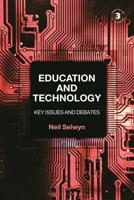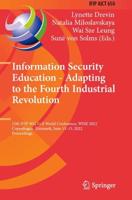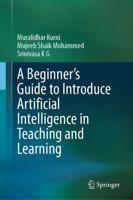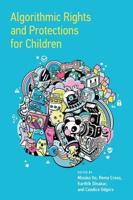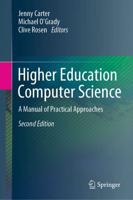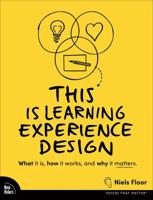Publisher's Synopsis
Industrial societies are still coming to terms with the profound effects of the technological and cultural changes of the 1980s. As a consequence of these developments, national economies now depend more than ever on computers, networks and knowledge. In addition, national cultures and dispositions towards learning have become more critical to economic success in the global economy. As a result there is considerable interest across the world in reforming national education and training systems to help countries respond to global economic and technological change, and to utilize Information and Communication Technology as a resource for learning. This book addresses the following questions: What are the educational implications of the global 'drivers' to introduce ICT into schools and colleges? Are there different types of ICT resources with different pedagogic implications? What issues does ICT raise for changing the process of teaching and learning now and in the future? The book concludes by identifying key questions and issues about the future relationship between curriculum, learning and Information and Communication Technology that educational policy makers will have to confront, if they are to realize its potential as a resource for learning.

